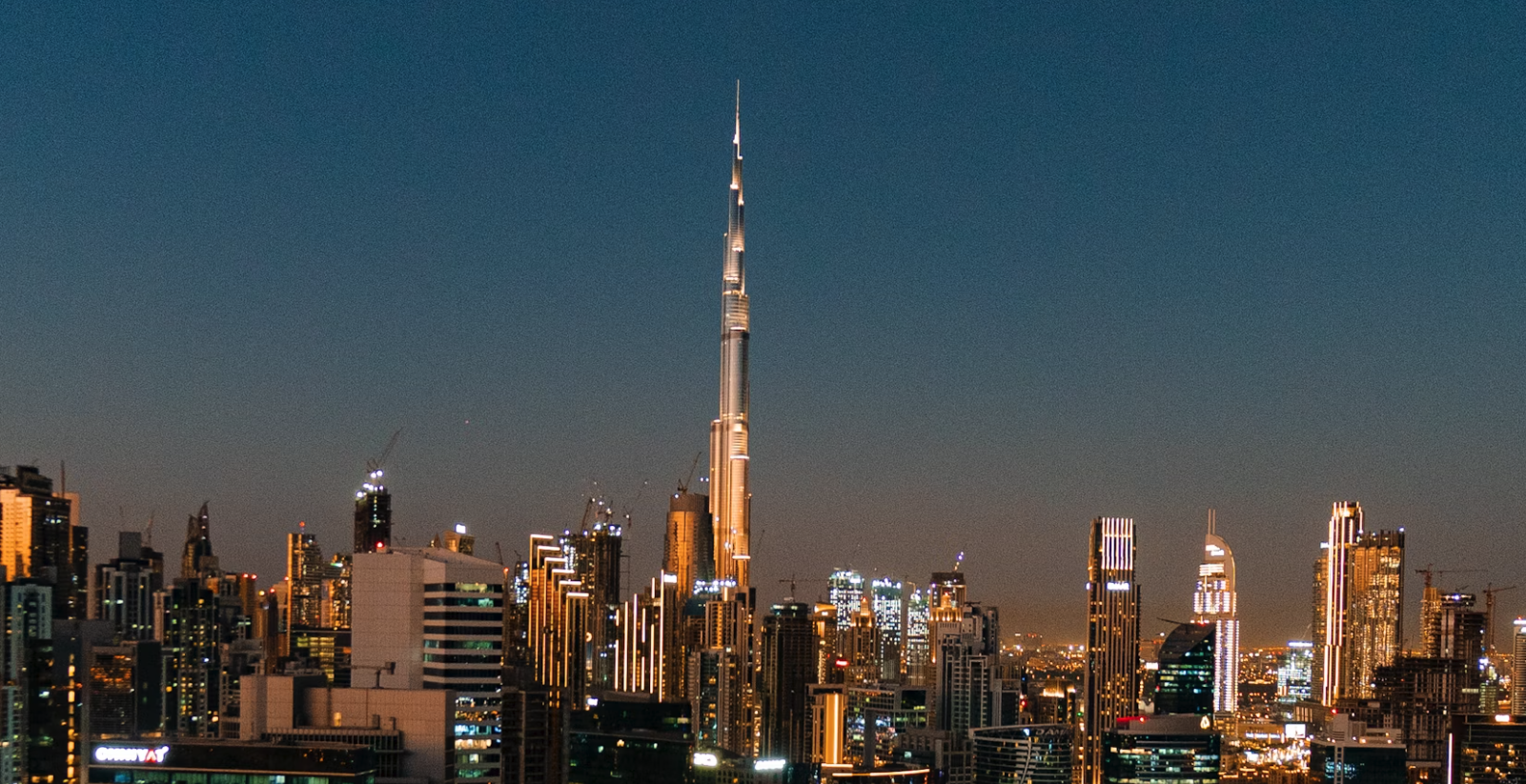
Dubai's Downtown district is synonymous with luxury living. But with the average price per square foot rising, is the market in a bubble, or are prices merely reflecting a change in the area's offerings?
The Numbers
Figures highlight a rise in average price per square foot from AED 2,065 in 2014 to AED 2,278 in 2023. This represents a 10.3% increase over nine years. Dividing this percentage by the number of years, we see an average annual growth rate of approximately 1.14%.
Beyond the Average
While those figures might seem modest, they don't tell the whole story. Downtown Dubai has seen a surge in ultra-luxury developments. Residences like Mercedes Places, Il Primo, Baccarat, Rixos, and St. Regis command prices between AED 4,000-7,000 per square foot. These properties significantly skew the area's average.
Meanwhile, older, more standard towers like the Residences, South Ridge, and Lofts have seen far more gradual price increases. This suggests that the market isn't uniformly in a bubble, but rather offers a wider range of price points based on product type.
Reasons Behind the Rise
Several factors likely contribute to Downtown Dubai's price evolution:
- Demand: Dubai's attractiveness to international investors and its favorable residency policies keep demand high.
- No More Land: Unlike some other areas, Downtown Dubai has virtually no vacant land available for development. This scarcity creates a market where existing properties become even more valuable as there's limited space to build new ones.
- Evolving Luxury Market: Buyers increasingly want the latest in amenities and finishes, driving up costs for new, premium developments.
Is It a Good Investment?
Downtown Dubai's real estate market remains robust. While some segments have reached significant price points, this reflects greater variety rather than a market-wide bubble. Key considerations for investors include:
- Specific Property: Focus on the building's quality, amenities, location, and potential resale value.
- Target Market: Ultra-luxury units cater to a specific clientele, whereas older towers might offer better rental yields to a broader market.
- Holding Period: Long-term investors will likely benefit from Dubai's growth, while short-term speculation can be risky.
In Conclusion
Downtown Dubai's real estate market shows no signs of a bubble bursting. Instead, it's maturing, offering a diverse range of properties that cater to different needs and budgets. Investors should conduct thorough research to ensure a suitable match for their financial goals.